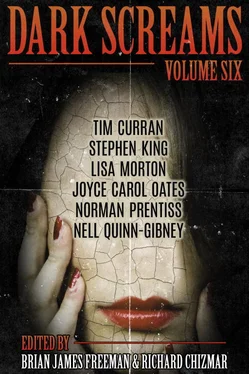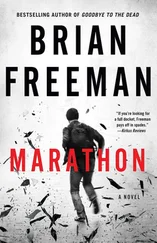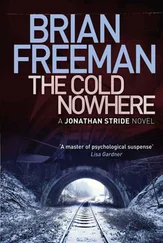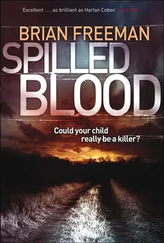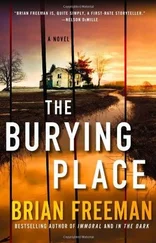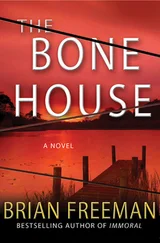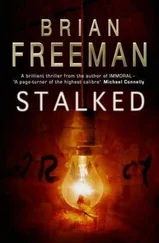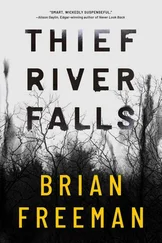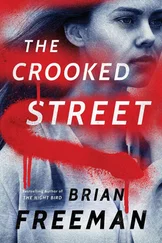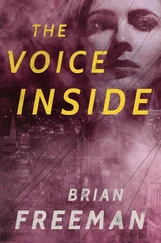In the pubs and gin houses, when candles burned low and the snatchers were deep in their cups, they would tell lurid stories of things seen in midnight graveyards, of grave robbers who disinterred corpses not for profit but for pleasure and dark ritual. There was old Peter Crybbe, who unearthed cadavers and made furniture and clothing from their skin and bones and who wasn’t above lunching on a fresh and tasty morsel. There was Dr. Leith, who paid well for not only bones and bodies but for tissues and limbs and organs that he used in his experiments. The story went that his tall, leaning house was a veritable mortuary of body parts, many resurrected by diabolical methods… awful, pale things swimming in jars of serum and alcohol that moved of their own accord.
This was also the age of chemical galvanism, when doctors and scientists tried to resurrect the dead via electric shock and chemical apparatus. Though much of their work wasn’t far removed from that of the alchemists, some of it was actually successful. George Foster, who was executed for the murder of his wife and child, was reanimated briefly by surgeons who watched in horror as he sat up on the slab, trembled, then screamed before collapsing into death once again. One of those present died of fright. A murderer named Clydesdale was animated briefly in Glasgow after being attached to a Voltaic pile… he contorted and shuddered, looked around, and then died a second time. Electricity was used successfully to bring back drowning victims and those without undue physical trauma. In Germany, the body of a notorious criminal was noticed to be supple and warm some hours after its hanging in the public square. The surgeons present believed they could revive him with sufficient attention… but given that the man was a convicted murderer, it was decided that he should stay dead. So without further ado he was dissected.
At the time Samuel Clow and Mickey Kierney practiced their ghastly art, tales of horrors met in graveyards were at an all-time high. Diggers were disappearing and nobody exactly knew why. As the ranks of the resurrectionists thinned, the more practical-minded said that many of them had simply quit the business because of the increased pressure by the Churchyard Watch or had been captured and killed by mourners. Very pat, very rational… yet it did not explain the diggers that were found mad or mutilated in kirkyards come morning, and it sure as hell did not explain how it was that portions of ancient graveyards had collapsed as if from the cave-in of some underground network. City officials claimed it was merely subsurface subsidence, but the diggers themselves knew better. Long had they been whispering about something that tunneled beneath the burial grounds, something that fed on noisome corpses and sharpened its teeth on bones. Many had seen it, and very few of them came out of the experience with their minds intact.
Samuel Clow and Mickey Kierney had not seen it, but they had heard it and smelled it and felt its nefarious presence with some sensory network that was much, much older than man’s five known senses. And in their hearts, they believed. Maybe they wouldn’t admit as such out loud and maybe they were the first to deride others about the Corpse King, but they believed, all right. One rainy night at the Hogshead Inn over jugged hare and capers, Johnny Sherily downed a pint and wiped foam from his white beard, slammed his tin cup on the table. “Ye say I shouldn’t retire, boys? Ye say I should a-keep digging and carting the meat to Surgeon’s Hall? Well, yer wrong, the lot of you. The trade I practiced with Willy Burke afore he got randy is not safe no more.”
“Aye, yer getting old is what,” Kierney said.
“Age, ye say?” Sherily laughed, but there was no humor in his voice. “Listen, ye wee boil, I’m twice the man you are and I’ll not see sixty again. I can open a grave in half the time it takes ye and fish out what’s inside with me bare hands. These same hands what could break yer fool skull open… do ye doubt that, Mickey Kierney?”
“Not at all, Johnny. Ye always were a violent sort.”
“Ah, you and that pissing mouth, Mickey.” Sherily paused, eyeing Kierney with anger but also with pity. “Listen to me, all of ye. For what crawls below is not just out at the North Grounds no longer, it’s everywhere, a-digging and a-chewing.”
“I’ll not listen to such rot,” Clow said. “Crazy, is what it is.”
Sherily sighed. “No matter, Sammy, no matter. For I see it in yer eyes. Ye know more than ye say regardless of yer glib tongue. I will not go out to them boneyards by night, not again. They can say all they want about subsidence, but it’s all shit and shaddock. For the earth what collapses in them graveyards heresabouts does so in a winding pattern as of passages below… passages tunneled by something a-long and a-slithering. And do ye need me to tell ye what that something is, Sammy? Do ye need me to put a name to what creeps and feeds?”
11
The weeks following Leaky Baker’s hanging were busy ones for Clow and Kierney. They jumped back into the business with a vengeance. They didn’t discuss the Corpse King or anything they couldn’t explain to their own satisfaction; they just did what they did best. They managed to move a lot of their stock and much more had to be dumped into the Union Canal. But even with that, the cellar still held no less than two dozen corpses, in part and in whole. And that didn’t take in the bones or what was in the casks and barrels.
They were a busy duo, peddling their wares and selling the raw materials of the grave. Always plenty of doctors needing fresh specimens for their teaching and private research. In a city where almost ninety-five percent of the population lived well below the poverty level, Clow and Kierney were living like lords. Night after night was a gluttony of liquor and whores.
But not all of it was good.
People were tiring of the gruesome tales of rifled graves and stolen bodies, and the Churchyard Watch had been strengthened, guarding over graves until the interred were far too corrupt to be of use to anyone. Clow and Kierney ran afoul of them several times, escaping under a volley of rifle balls more than once. But they had special orders and those orders had to be filled. On more than one occasion, they had to “walk” the corpses through busy streets. Using specially designed manacles shackled to their ankles and those of a corpse, they would walk a cadaver between them, holding it up like a drunk, moving its feet as they moved their own. To any who noticed, they were just two men walking a drunk home.
So after a particularly successful week, the bad thing happened.
12
Up until the time of Leaky Baker’s execution, neither Clow nor Kierney had ever Burked a soul. They dealt with the dead and had no interest in producing corpses. And it was not that either man was above murder, for the times were dark and desperate indeed, but such things were to be avoided at all costs. For them, the graves would supply what was needed; they would not stoop to becoming another Burke and Hare. They were resurrectionists, not killers, and they took a certain pride in the fact. Though, truth be told, people were so very incensed by the activities of corpse-snatching that they saw little difference between Burkers and diggers—all were to be dealt with in the same way: at the end of a rope.
No, up until the time of Leaky Baker’s execution, Burking was not something either man gave serious thought to.
And then came the night at Greyfriars Churchyard.
It wasn’t until well after midnight when they entered the high black iron gates. The Churchyard Watch was about, so they took special pains. They were both armed with navy flintlock pistols and left Clem and the wagon at home, pulling a dog cart behind them, the axles of which had been carefully greased so as to make no sounds. Quietly, then, they moved among the moss-green trees, headstones, and tabletop slabs, some of which had been there for centuries. The air was moist, threatening rain, and a gray mist hung in the air.
Читать дальше
